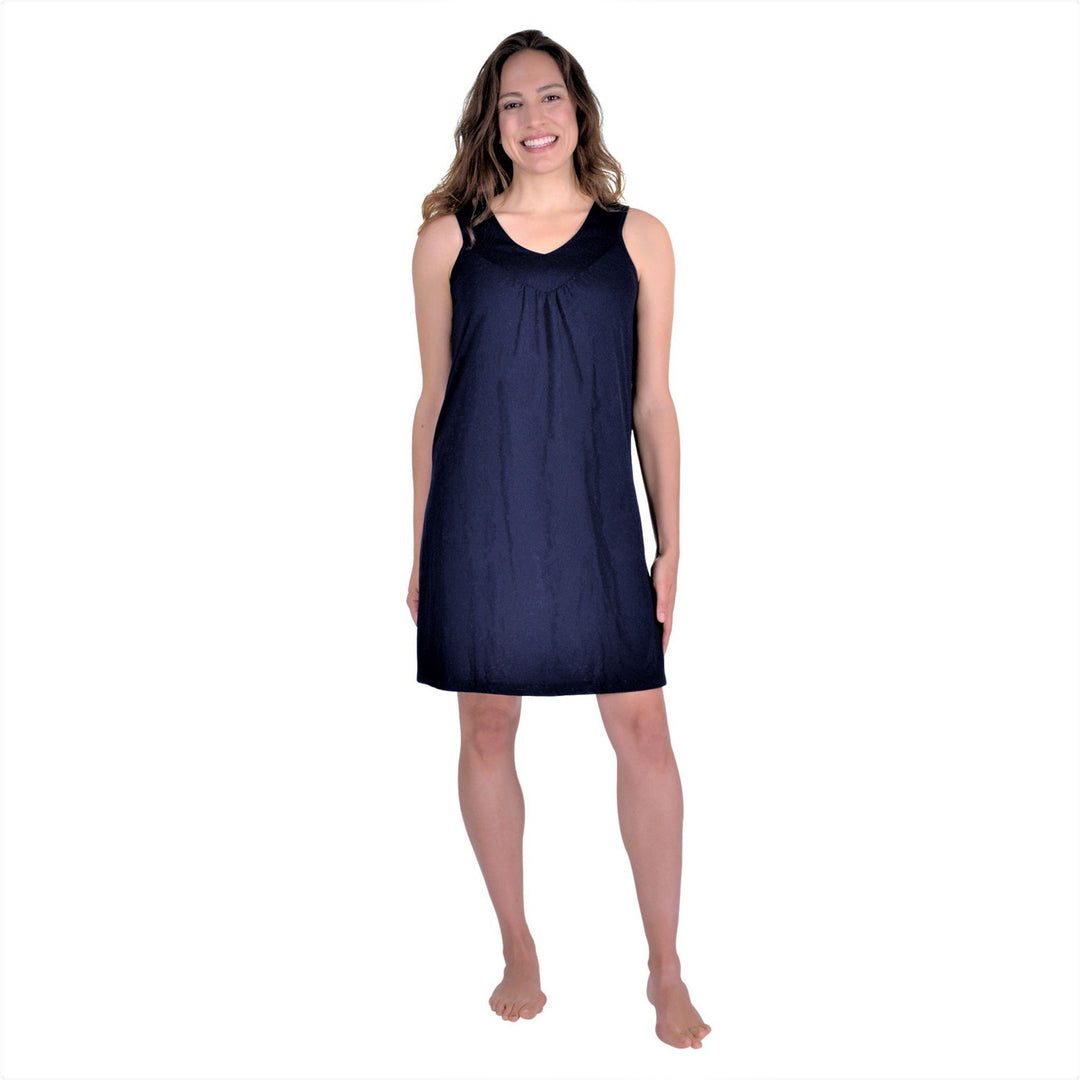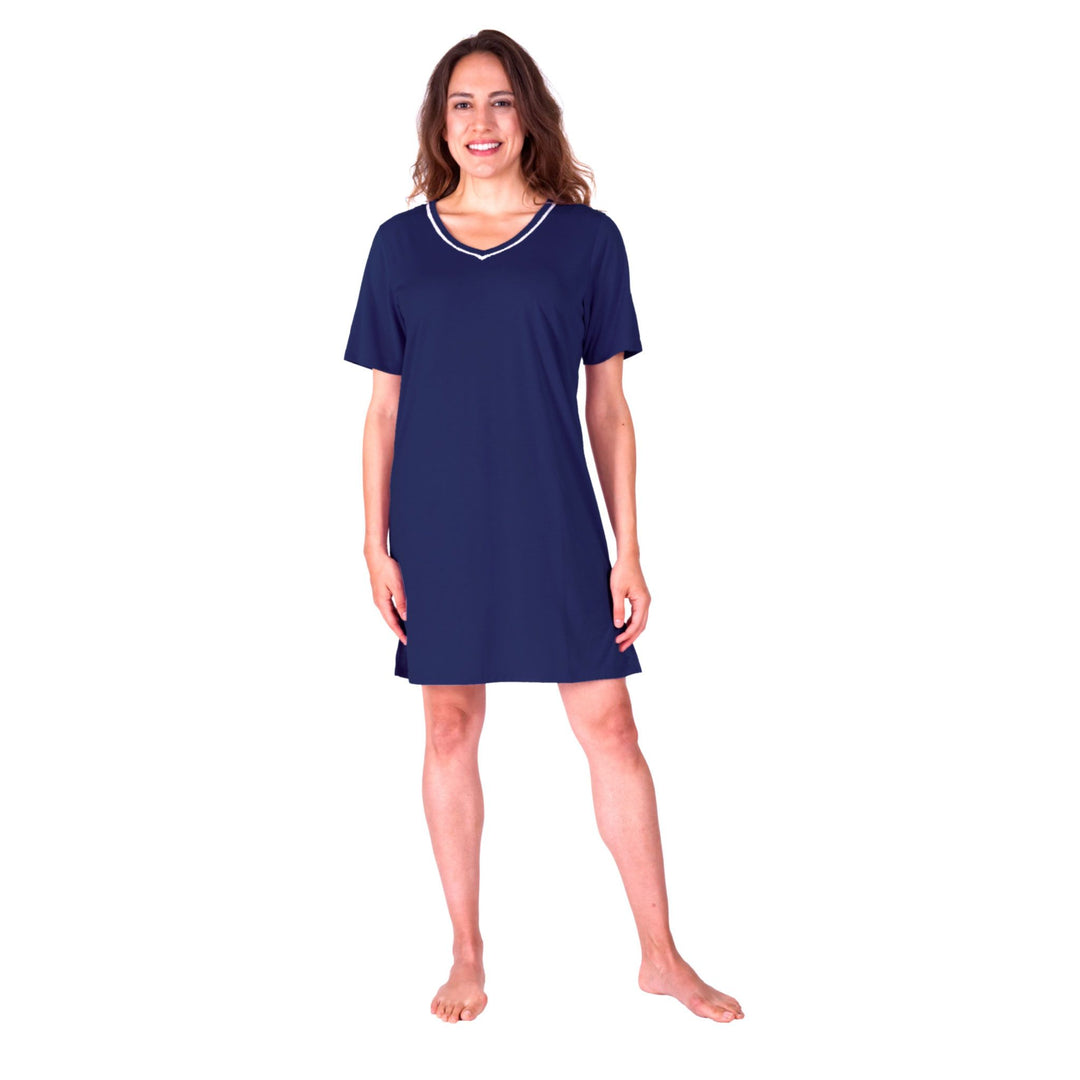Yoga Tied To Better Sleep For Cancer Patients

According to a recent study, Yoga can definitely help people who have had cancer to sleep better. With yoga, study participants were able to reduce their use of sleep medications. Researchers found that the women with a history of breast cancer, reported significant improvements in their sleep quality and the length of time they spent sleeping when they practiced yoga at least twice a week. This study is important to all women suffering from sleep issues after dealing with breast cancer.
When you sleep better your immune system becomes stronger and you become healthier. Regardless of whether people had mild sleep disruption or a clinical diagnosis of insomnia, people who participated in yoga experienced the same amount of sleep improvement scientists explain. In a nut shell, yoga is a safe and effective natural sleep aid. According to the researchers, it seems that between 30 and 90 percent of cancer survivors report some form of sleep disturbance.
Sometimes it is due to anxiety about a cancer diagnosis, related health problems or side effects like night sweats and hot flashes due to treatments including surgery, chemotherapy, radiation and hormone therapy. Studies suggest yoga can lower blood pressure and improve anxiety, depression and insomnia. The program used in this study included Gentle Hatha yoga, which focuses on physical postures, and Restorative yoga, with an emphasis on relaxation, breathing and meditation.
The study included 410 people with a history of cancer who were recruited from 12 U.S. cities. Participants were 54 years old, on average. Almost all were white and female, and three quarters had had breast cancer. Participants were randomly assigned to one of two groups. Half of them attended a standardized yoga program for cancer survivors that met for 75 minutes twice a week, in addition to receiving standard care. The other half received only standard care.
The researchers assessed participants' sleep quality before and after the four-week study period on a questionnaire and using actigraphy, a sensor that detects movement and is worn like a wristwatch at night. People in both groups improved on measures of overall sleep quality and several other sleep-related variables. Relative to the control group, however, those who did yoga saw greater improvements in sleep quality, daytime sleepiness and the amount of time actually spent sleeping while in bed.
On a scale of general sleep quality - measured from 0 to 21, where lower scores indicate fewer problems - yoga participants improved from a 9.2 to a 7.2 during the study. Those in the comparison group improved from a 9.0 to a 7.9, on average, according to results published in the Journal of Clinical Oncology. What's more, yoga participants reduced their use of sleep medication by 21 percent per week, on average, and those not assigned to yoga increased use of sleep aids by five percent per week.
The data from other studies is quite clear that yoga improves quality of life for breast cancer patients, and this study confirms that. So why not keep it natural. In addition to wearing cooling sleepwear and using cool mattress pads and cool bed sheets, why not try yoga as a natural sleep aid? People can do it at home, or they can take a class. The cost is not enormous, and it's definitely better than taking sleeping pills.







